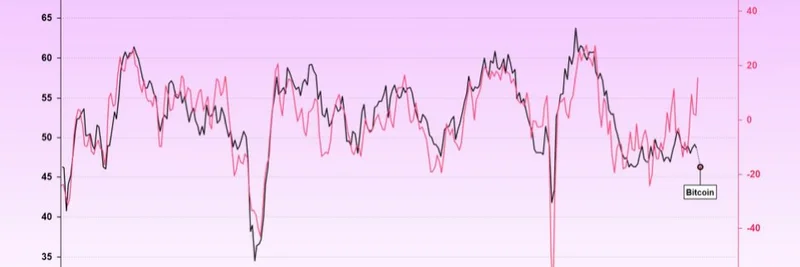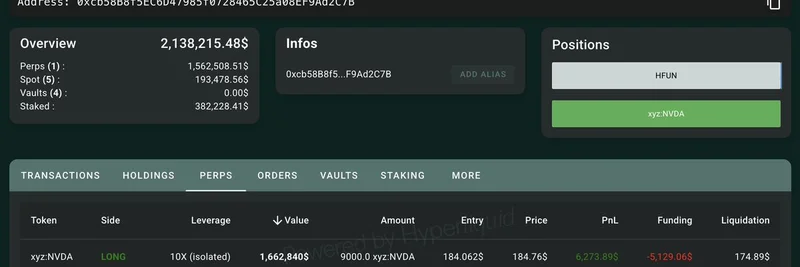MetaDAO has once again demonstrated the power of futarchy—a governance model pioneered by economist Robin Hanson that uses prediction markets to make decisions. In a recent ICO for Solomon Labs, the platform saw an astonishing $102 million in commitments over just three days, approaching its all-time high for fundraising.
For those new to the term, futarchy blends "futures" and "anarchy," where market participants bet on outcomes to guide choices, aiming for more efficient and transparent decision-making in DAOs. MetaDAO applies this to project launches, ensuring fair pricing and allocations based on market signals rather than insider deals.
The spotlight here is on Solomon Labs, a Solana-based protocol building USDv, a stablecoin that earns yield right in your wallet without lockups or wrappers. Think of it as a dollar that works harder—combining stability with passive income from delta-neutral strategies like basis trades (going long on spot assets while shorting perpetuals to capture funding rates).
The ICO kicked off with a $2 million minimum target but exploded in demand. Solomon Labs capped commitments at $8 million to keep things balanced, setting the token price at $0.8 with a fully diluted valuation (FDV) of $20.6 million. Post-launch, the $SOLO token is already trading at $0.97, marking a 21% gain.
This success story was highlighted in a tweet by @MangoOnSOL, praising futarchy's role: "Well done futarchy 👏." But not everyone is fully on board. In a quote tweet, @_Dean_Machine echoed the applause while raising a flag: "Well done futarchy indeed. Not sure how this ends, but the lack of clarity likely doesn’t end well for Hanson’s vision."
What’s the "lack of clarity" referring to? Replies to the tweet probe this, with users like @thbluechicken and @ZekesMommasKid asking for specifics on transparency issues. It seems the concern might stem from how oversubscriptions are handled or the discretionary cap model, where the team decides the final amount accepted—potentially leaving room for interpretation despite futarchy's market-driven ethos.
Digging deeper, Solomon Labs isn't just another stablecoin play. Their "Yield as a Service" (YaaS) allows yield to stream directly to USDv holders, making it composable for DeFi, payments, and treasuries. No need to stake or unstake; it accrues wherever the token sits. Backed by a team with experience from PayPal, BlackBerry, and early DEXs, they've already tested the protocol in a private beta with $1.5 million TVL and distributed over $30,000 in yields.
MetaDAO's track record adds credibility. Previous launches like Avici and Umbra have delivered strong returns, with fair pro-rata distributions and performance-based team unlocks. Here, the team gets zero tokens upfront, vesting only if $SOLO hits multiples of the ICO price—aligning incentives with holders.
Yet, the tweet thread sparks a valid debate: Does futarchy truly eliminate opacity, or do human elements like cap decisions introduce gray areas? As blockchain evolves, successes like this push the boundaries, but they also invite scrutiny to refine the model.
For meme token enthusiasts and blockchain practitioners, this event underscores Solana's edge in speed and low costs, making it ideal for yield-bearing assets. If you're eyeing similar opportunities, keep tabs on MetaDAO's listings. Solomon Labs could redefine how we think about stablecoins, turning idle dollars into earning machines.
Stay tuned as we track $SOLO's performance and any clarifications on the process. In the volatile world of crypto, transparency isn't just a buzzword—it's the foundation of trust.



